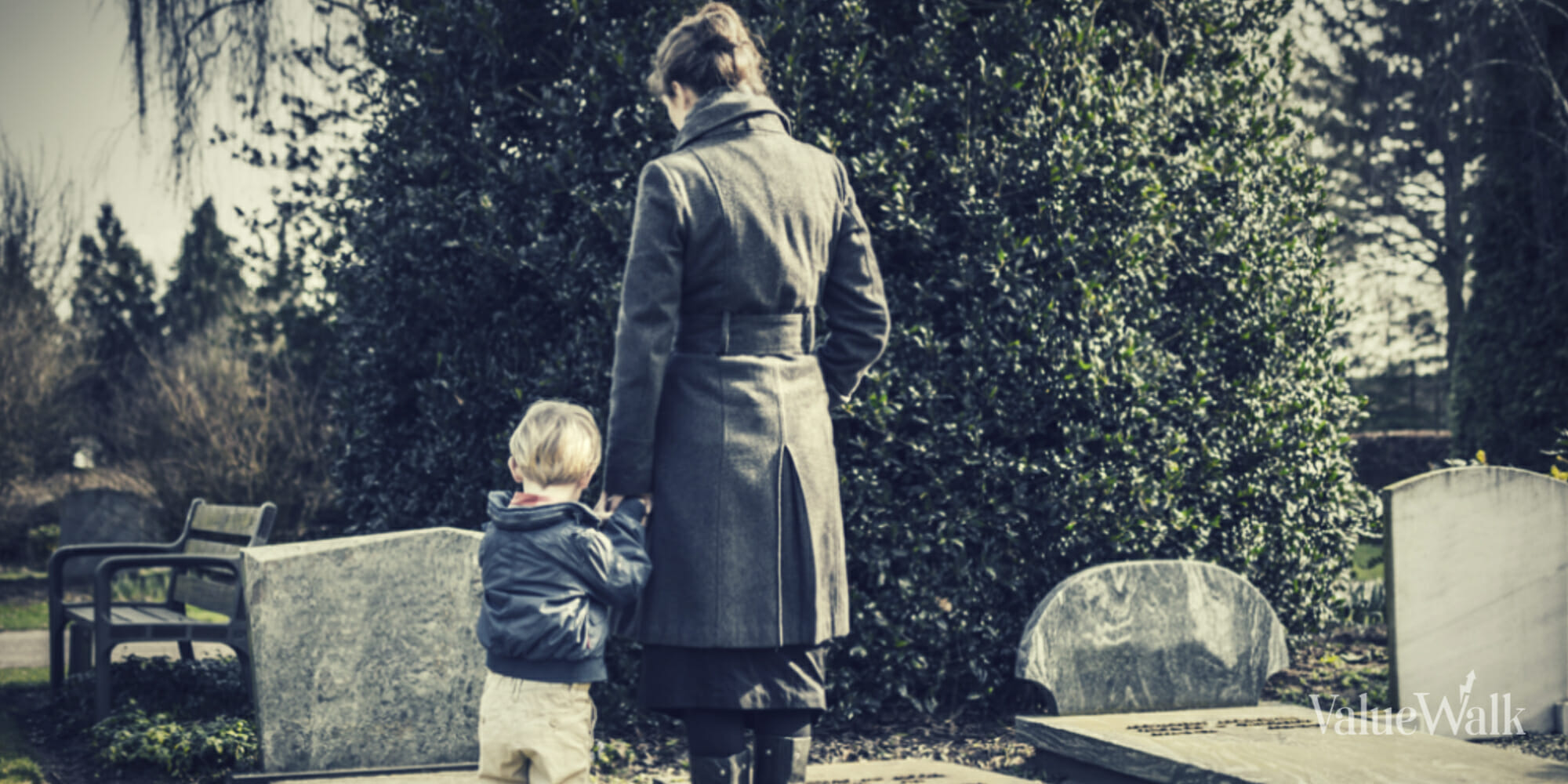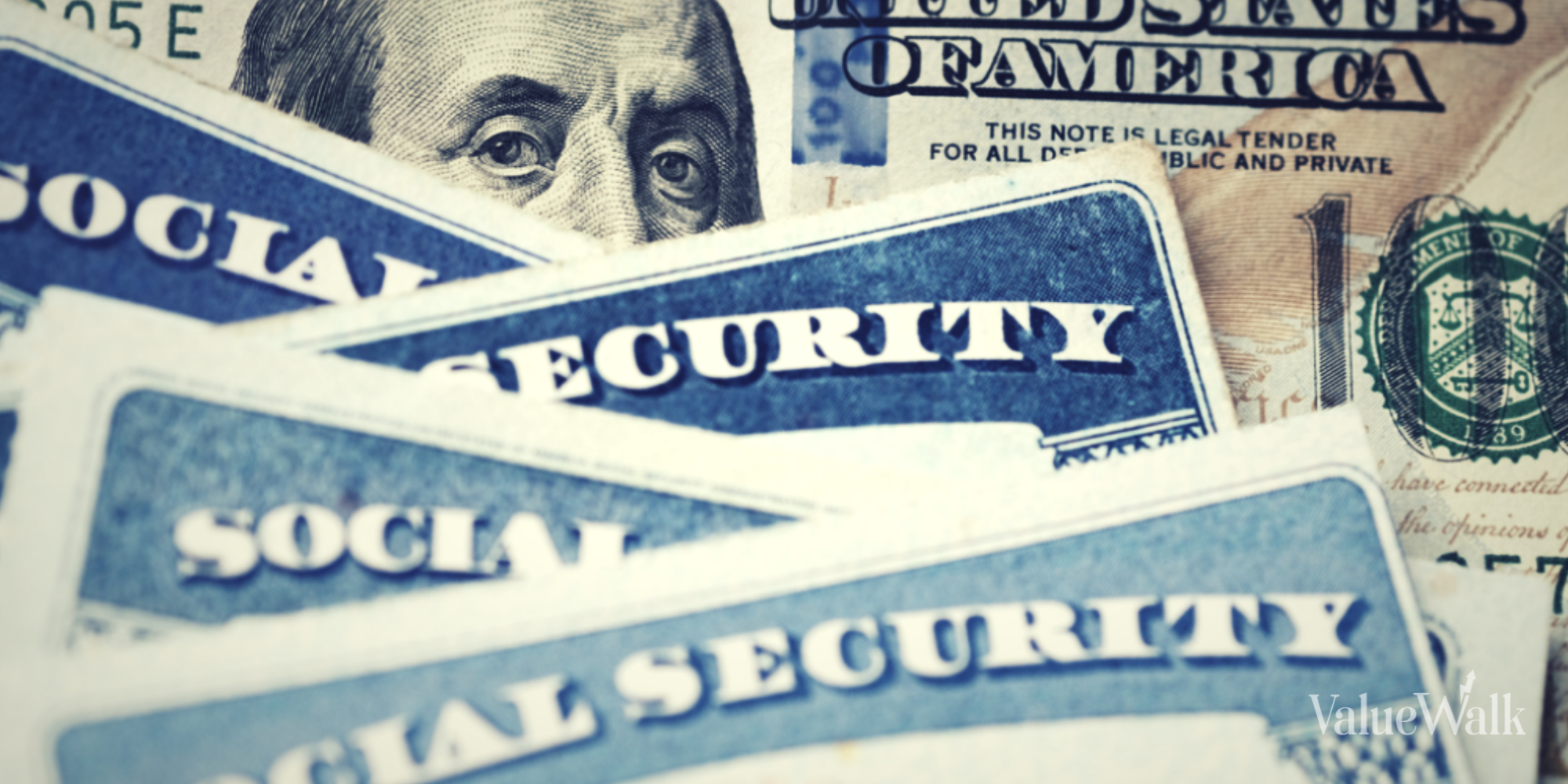Social Security provides you with guaranteed monthly income for the duration of your retirement, but what happens to your Social Security benefits when you die? The answer to this question is fairly simple: your Social Security checks stop coming.
However, it doesn’t mean an end to your Social Security. Depending on several factors, the Social Security Administration (SSA) may issue your checks to a close relation if you pass away.
In this article, we will discuss what happens to your Social Security benefits when you die.
If you qualify for Social Security benefits, then part of your benefits could go to your survivor, provided they meet the set requirements. A survivor could be:
- A surviving spouse age 60 or older. If a widow/ widower remarries at age 59 or younger, they may not receive the survivor benefit. On the other hand, if they remarry at age 60 or above, they could be entitled to the survivor benefit.
- A surviving spouse age 50 or older with a disability.
- A surviving divorced spouse if they meet the other requirements.
- A surviving spouse caring for the decedent’s child younger than 16 or having a disability.
- An unmarried child younger than 18 or age 18 and older if they have a disability that began before age 22; or an unmarried child up to age 19 if they are a full-time elementary or secondary school student.
- Parents age 62 or older may also qualify for survivor benefits if they were dependent on the deceased for at least half of their support.
- Other family members such as adopted children, stepchildren, grandchildren or step-grandchildren may also qualify for survivor benefits in certain circumstances.
However, the benefits of those who don’t have any survivors or dependents will cease after their death.
How to report a death to SSA
It is important that the SSA is informed immediately after the death of the Social Security recipient. The funeral home usually takes care of this by transmitting the required information in a Statement of Death by Funeral Director.
If the funeral home doesn’t inform the SAA, it is the survivor’s responsibility to report the death, either by calling to report the death, by applying for survivor benefits (which can’t be done online), or by furnishing the required information in person.
If a survivor, rather than the funeral home, is reporting the death to the SSA, they may initially do so without a death certificate for the deceased person. However, they will eventually need the death certificate to complete the process.
To report a death or apply for survivor benefits, you need to call 1-800-772-1213 between 8 a.m. and 7 p.m. Monday through Friday. When applying for survivor benefits, you will have to provide the deceased person’s Social Security number.
Once the SSA receives the report of death, it will automatically change the benefits received to survivors’ benefits. A point to note is that no benefits will be paid for the month of a person’s death.
If a spouse or qualifying dependent is already receiving benefits on the basis of a decedent’s work record, then after the death, that benefit will automatically convert to survivor’s benefits once the SSA receives the death certificate.
Lump-sum death payment
After the death of the Social Security recipient, the SSA may also provide a one-time lump-sum death payment of $255 if certain requirements are met. For instance, a surviving spouse living with the person who passed away is eligible for a lump-sum death payment.
Even if a spouse was living separately but receiving Social Security benefits based on the deceased’s work record, they could qualify for the lump-sum death payment.
If there is no surviving spouse, the children of the deceased could receive the lump-sum payment, provided they were eligible for benefits based on their deceased parent’s record.
What happens to benefits received in the month of death?
Any benefit payment received by the deceased in the month of their death or after must be returned to the SSA. However, there could be exceptions to this rule, depending on the timing of the death and the benefit payment.
Social Security checks are sent for the month before. Which date a beneficiary receives a payment depends on their date of birth, and it is usually on the second, third or fourth Wednesday of a month.
If a beneficiary receives the benefit and then dies, the SSA has no authority to take the money back. On the other hand, if a beneficiary dies and then receives the benefit check, the check needs to be returned to the SSA.
If the deceased receives the benefit through direct deposit, the financial institution needs to be informed as soon as possible to return the money. A request must be placed with the financial institution to return the payment for the month the recipient died and any benefit payment that arrived later.
If the deceased receives a physical check, it must be returned to the U.S. Treasury Department’s Regional Financial Center (RFC). The RFC’s address will be on the envelope the check came in.
The check may also be returned to the Social Security office. Once you return the benefit check, you will be issued a receipt. Don’t forget to mention the reason for returning the check.





